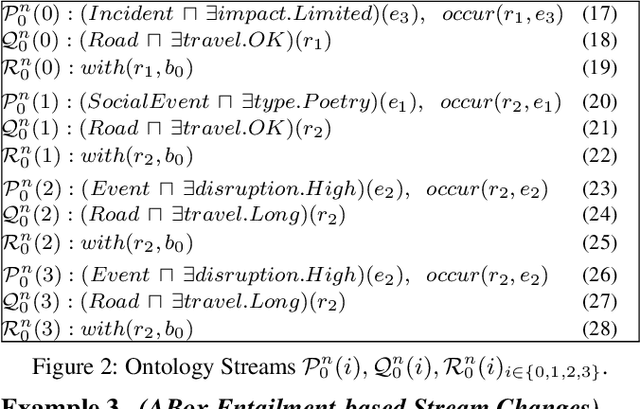Learning from Ontology Streams with Semantic Concept Drift
Paper and Code
Apr 24, 2017



Data stream learning has been largely studied for extracting knowledge structures from continuous and rapid data records. In the semantic Web, data is interpreted in ontologies and its ordered sequence is represented as an ontology stream. Our work exploits the semantics of such streams to tackle the problem of concept drift i.e., unexpected changes in data distribution, causing most of models to be less accurate as time passes. To this end we revisited (i) semantic inference in the context of supervised stream learning, and (ii) models with semantic embeddings. The experiments show accurate prediction with data from Dublin and Beijing.
 Add to Chrome
Add to Chrome Add to Firefox
Add to Firefox Add to Edge
Add to Edge